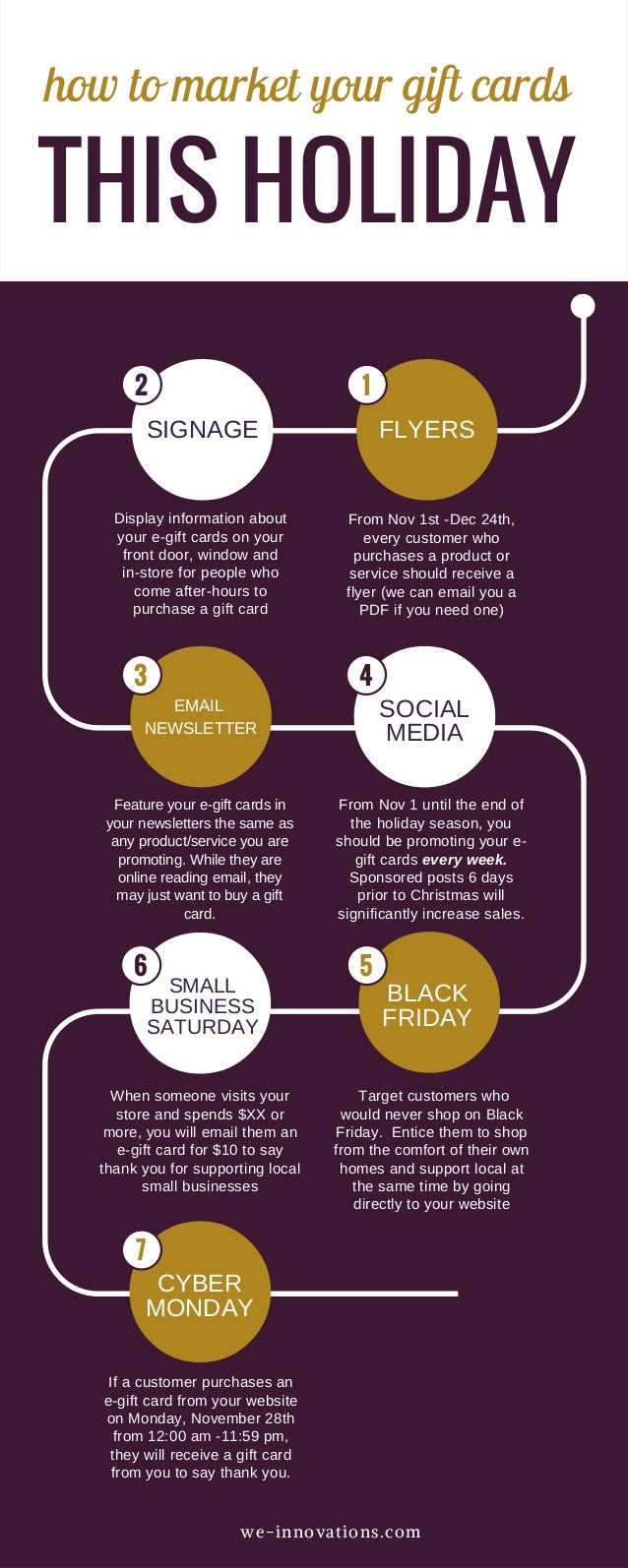Constructing a sustainable brand calls for more than simply eco-friendly selections. Consumers intend to get in touch with brands that share their values-- and are willing to spend more on those items.
Glass provides the best balance of sustainability, safety, and design to tell your brand's tale. Below are some reasons to pick this ageless material: 1. recyclability.
Sustainability
Brand names like Kiehl's are utilizing glass jars to supply product refills, which cuts down on product packaging waste and promotes brand name loyalty. Moreover, researches show that consumers want to pay more for items with ecologically mindful packaging.
Unlike various other products, glass is considerably recyclable without losing quality. And each time a bottle or jar is reused, it saves power and raw materials, says Arglass' Holmes.
In fact, according to a 2022 study commissioned by FEVE, four out of five customers believe that business have a moral obligation to use lasting packaging. In addition, the a lot more cullet (recycled glass) is made use of, the much less new resources needs to be generated. This contributes to a more lasting supply chain and helps reduce carbon exhausts. This is particularly crucial given current global events that have actually strained product packaging supply chains.
Safety and security
In a market where lots of brand names are now proclaiming their sustainability credentials, it is necessary to back up these claims with concrete activities. Glass product packaging does exactly this. Its recyclability lowers landfill waste and minimize energy intake, and its reusability means clients can locate brand-new uses for it long after they have actually finished their acquisition.
Because of this, an expanding number of consumers currently look for glass bottles and containers to affirm their brand's environment-friendly credentials. They also value when brand names plainly communicate their sustainability development and qualifications on their products' packaging-- something that's quickly done with the new Glass Trademark, released in 2023.
In addition, the inert and robust nature of glass makes sure that it never ever sheds its health credentials-- making it the suitable product for a round economy. This, coupled with its warm reception from consumers and absence of impact on preference, makes glass a progressively attractive option for modern food & drink brand names.
Design
Whether for mixed drinks or cosmetics, glass includes a picture of top quality and class that shares brand value and cultivates consumer loyalty. Its crystal clear presentation permits clients to see the subtle shades and appearances of their drinks or products without fabricated improvement, while its sturdiness suggests an exceptional brand name that purchases sustainable choices.
On top of that, glass is 100% recyclable and can be personalized tea glass reused without loss of pureness or top quality. Attaining a closed-loop system that recycles glass back into brand-new packaging sustains the circular economy and connects an accountable business technique that develops trust fund with eco-conscious customers.
To further boost a brand's aesthetic identification, packaging providers supply a vast array of decor choices, from translucent metallization to electronic printing. Lots of deal anti-rotation ribs and other features designed to aid brands differentiate themselves on shop racks.
Recyclability
The recyclability of glass is one of its toughest selling factors. When properly collected, glass waste is arranged by shade, crushed into cullet and reused right into new bottles and containers. This process is infinitely repeatable without loss of top quality and saves the use of raw materials such as sand and soda ash.
In a market that increasingly focuses on sustainability, using environment-friendly glass packaging is a means for brands to get in touch with customers on a deeper degree. It tells a story of high-end, design and sustainability - and assists construct brand commitment by demonstrating that the business values the world as much as its products. On top of that, it minimizes garbage dump waste and reduce microplastic contamination in the ocean. In numerous nations, there are currently robust glass recycling systems in place to aid brand names accomplish their sustainability goals.
Carbon Impact
With worldwide issues about plastic air pollution, green glass is an outstanding selection for cosmetic and skin care brands. It is 100% recyclable and can be recycled constantly without losing quality, assisting to reduce waste and saving natural resources.
It is additionally non-toxic and does not seep chemicals right into food or drinks, that makes it much safer for consumers. Plus, it is devoid of microplastics, unlike some other product packaging materials.
According to DeFife, integrating more lasting glass alternatives right into new item launches is a good way to assist build a brand name's reputation. He describes that many Americans are worried about their environmental footprint, and study shows that products with sustainability-related claims see 28% advancing sales development over five years. This is particularly real for those that choose glass product packaging.
